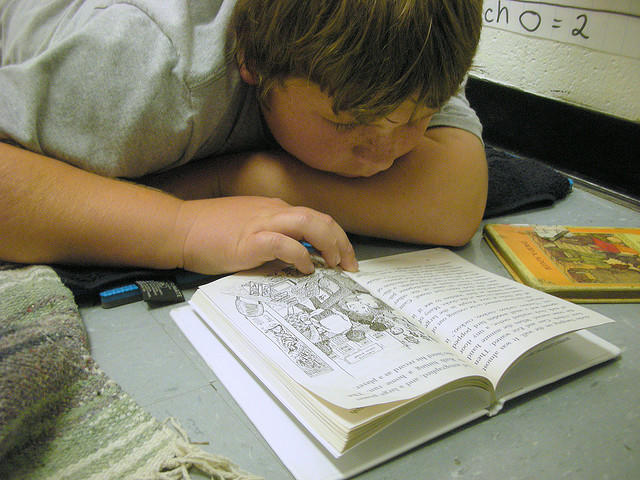
Caption
According to the National Assessment of Educational Progress (NAEP), only 32% of Georgia's fourth-graders and 31% of eighth-graders were proficient in reading in 2022.
|Updated: July 18, 2024 11:36 AM

According to the National Assessment of Educational Progress (NAEP), only 32% of Georgia's fourth-graders and 31% of eighth-graders were proficient in reading in 2022.
Reports show that since the pandemic, Georgia has seen significant struggles and drops in youth literacy rates. According to the National Assessment of Educational Progress (NAEP), only 32% of Georgia's fourth-graders and 31% of eighth-graders were proficient in reading in 2022.
To address this issue, many initiatives have been implemented, one of them being the 2024 Governor's Summit at the Sandra Dunagan Deal Center for Early Language and Literacy.
This event will be held July 17 through July 18 in Milledgeville, Ga. Many coordinators of the event and Georgia officials involved in improving literacy rates believe this problem is approachable and a tangible opposition for Georgia — including Scott Johnson, Georgia Chairman of Georgia’s Council on Literacy, who believes improving education is the state's “most solvable problem.”
This year's literacy conference, organized by the Deal Center, aims to prepare teachers for successful classrooms through training, specifically for those in early education.
"All child-facing adults need to understand the things they do to support healthy language development," said Lindee Morgan, executive director for the Deal Center. "In developing and holding this summit, the goal is for child-facing professionals and services in that first age space to come together as a network to focus on this problem."
"Training is great, but we want to verify that the training the teachers are getting is being applied in the classroom," Johnson said.
"The first few years of life are absolutely critical for language development," Morgan said.
With literacy access impacting all parts of life, the conference aims to include perspectives from those who can initiate literacy in an academic sense, as well as in other aspects such as health, with speakers including Dr. Kiesha Callins.
"They go hand in hand," Callins said. "I love that we're not only thinking about what practitioners can do but how we train our health care workforce. Everyone needs to be a part of this literary movement."
"I hope I can continue to bring the perspective that literacy equity is not just the responsibility of the education system but the community," Callins said.
With many of the speakers for this upcoming conference being multifaceted, connecting literacy to all essential aspects of life, education equity, and literacy equity comes into the conversation for communities of color and those with disabilities.
"We have to double down and make sure that we offer an equal opportunity for all those children to learn," Johnson said.
Georgia’s public schools' demographics show that in Atlanta public schools alone, 72% of students are Black or African American, with 7.6% being Hispanic/Latino, according to data from the Georgia Department of Education, around 11% to 13% of the student population in Georgia has been identified as needing special education services.
With Georgia's demographics being multifaceted, many leaders face the challenge of creating an inclusive learning environment.
"I want Georgia to be one of those places where even our education systems offer equity in literacy," Callins said.